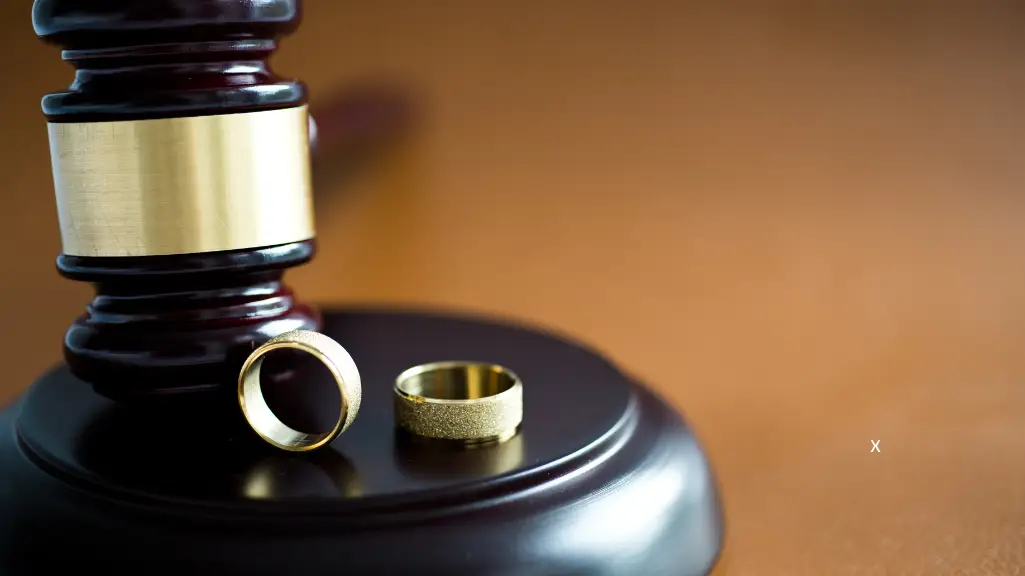What are the types of divorce in Florida? It depends on how much is agreed on, how complicated the issues are, and whether one side stays silent. Divorce is never easy. But knowing the types can help keep things from spinning out of control. Think of it like roads leading to the same destination. Some are straight and clear. Others are rough with sharp turns. The type of divorce sets the path. And once the path starts, it is hard to change directions without delays and damage.
Uncontested Divorce
An uncontested divorce is the simplest kind. Both sides agree on everything. That means the division of property, custody of children, support, and debt. There is no fighting. No court trial. Just paperwork. This kind of divorce moves fast. It costs less. It keeps stress lower. The court still reviews everything. But if it all checks out, the judge signs off without a hearing. This works best when both sides talk things through before filing. In Florida, an uncontested divorce can often be done without ever stepping into a courtroom. It is the cleanest break when both sides want peace.
Contested Divorce
A contested divorce is the most common. It happens when there is no agreement. Or when there is only partial agreement. One side may want full custody. The other may want to keep the house. Or someone may hide money. These cases take time. There are hearings. There may be mediation. Sometimes there is a trial. A judge decides what is fair. It can feel like a war. And the outcome may not please either side. Contested divorces often come with hurt, mistrust, or betrayal. The court steps in to sort through it. This type of divorce needs evidence, patience, and a strong legal hand.
Simplified Dissolution of Marriage
Florida allows a faster option called simplified dissolution. But not everyone can use it. It is only for couples without children. No one can be pregnant. Both sides must agree fully on property division. There must be no request for support. Both must show up to court once. This is for short marriages with no deep ties. It works like filing a joint request to end the marriage. Think of it like cancelling a shared contract. But if there are children, support needs, or arguments over money, simplified divorce is not allowed.
Default Divorce
A default divorce happens when one side files but the other does not respond. The court gives a time window. In Florida, it is twenty days. If there is no answer, the filing spouse can request a default. Then the court may give them what they asked for. Property. Custody. Support. All of it. Even if it seems unfair. The silent party loses the chance to be heard. It is like walking away from the table and letting the other side make all the choices. Default divorces are final unless the court sets them aside. That takes a strong reason and fast action.
Which Type You Fall Into Matters
The type of divorce affects everything. The time it takes. The money it costs. The emotions it brings. Some types open the door to calm closure. Others drag people into conflict. Knowing what kind of divorce applies can protect what matters. The home. The kids. The ability to move on. Divorce laws in Florida are clear. But each type carries different rules and risks. Picking the wrong path can cost more than time. It can cost the things that make life whole.
If divorce is on the table and you are unsure what type applies to your case, do not wait. Call 239-591-6248 to speak with Kevyn Noonan Hayes, P.A. We help people in Naples find the right path through divorce. Visit to book a private consultation. Every divorce has a path. Make sure you are on the one that leads forward.

